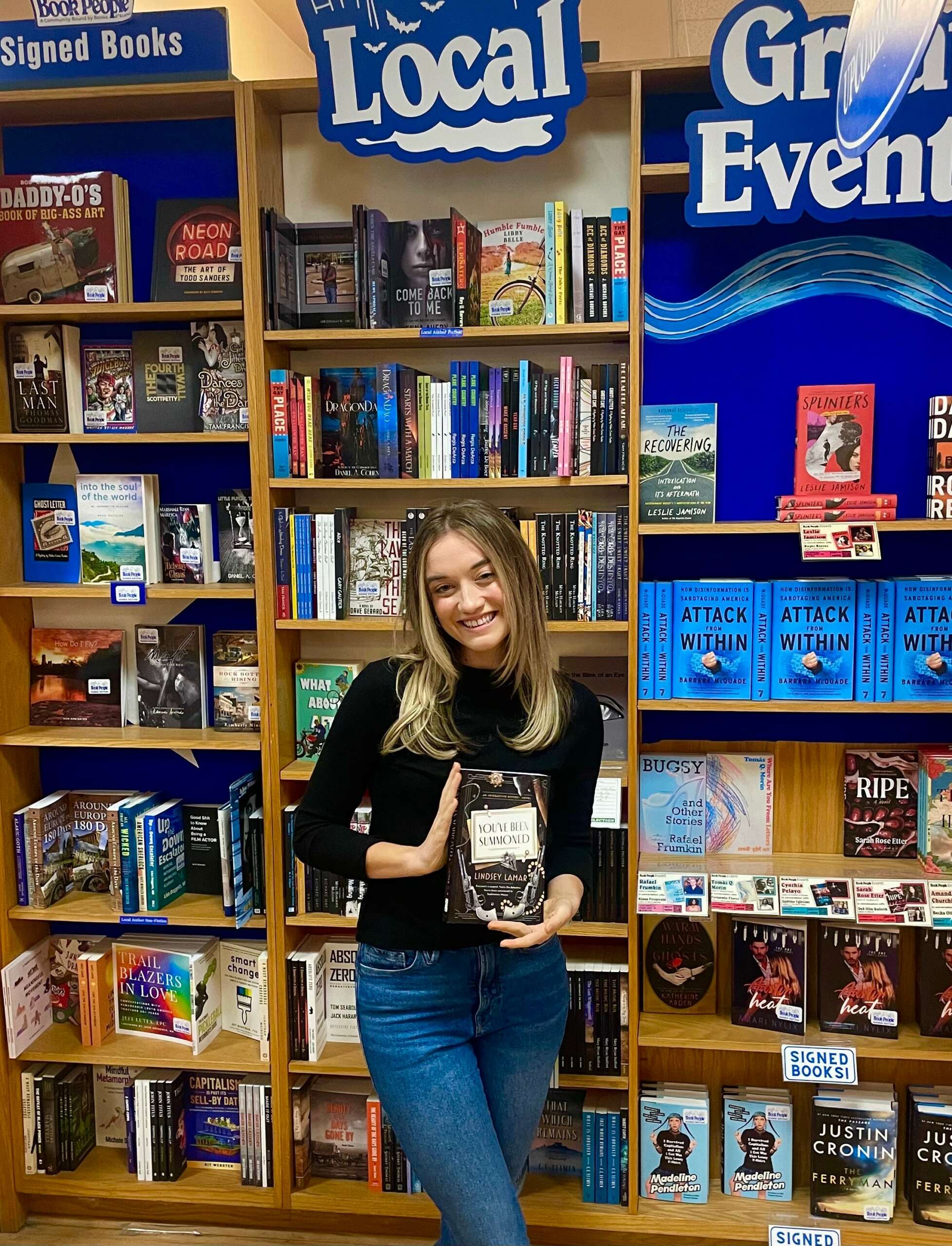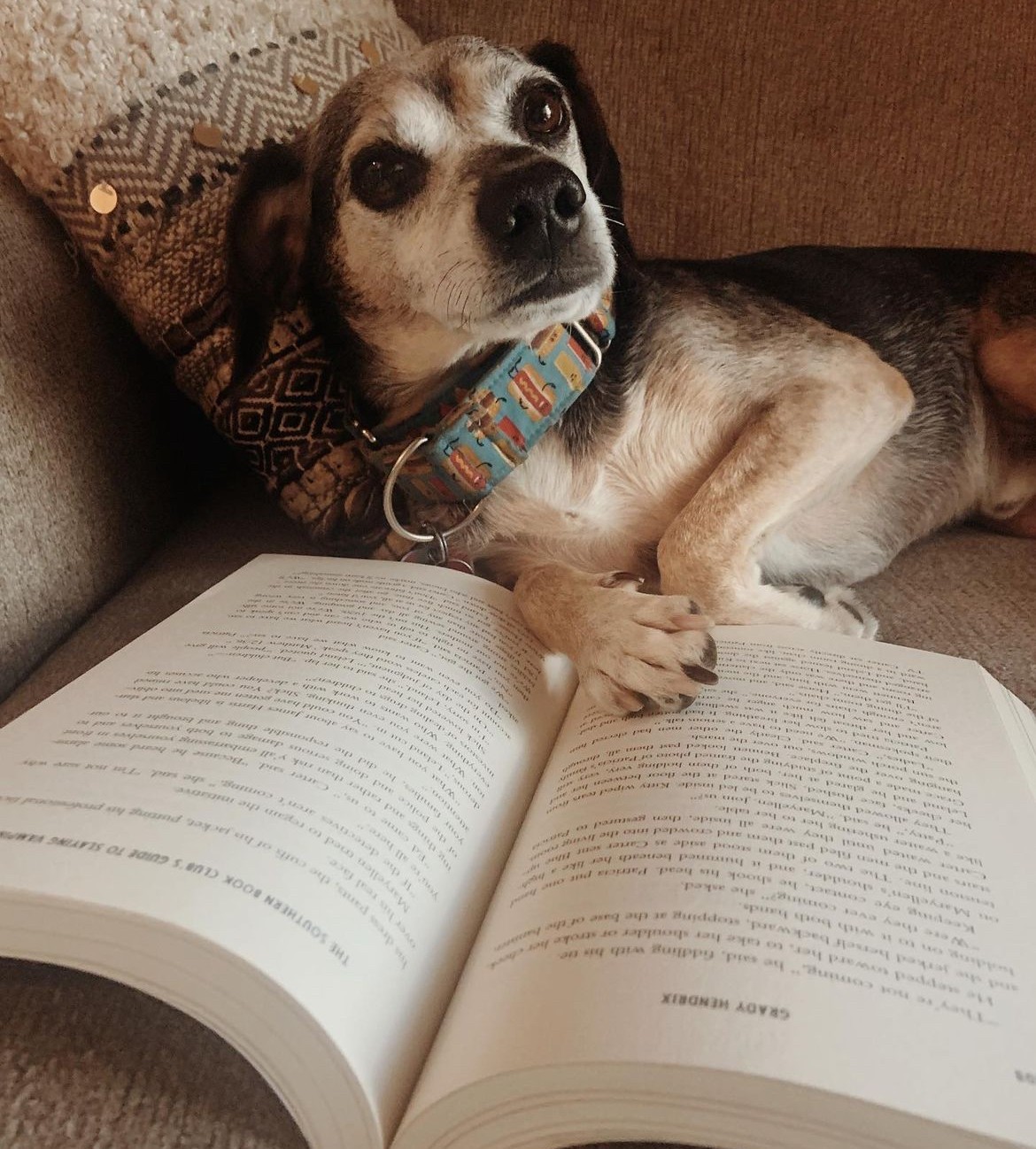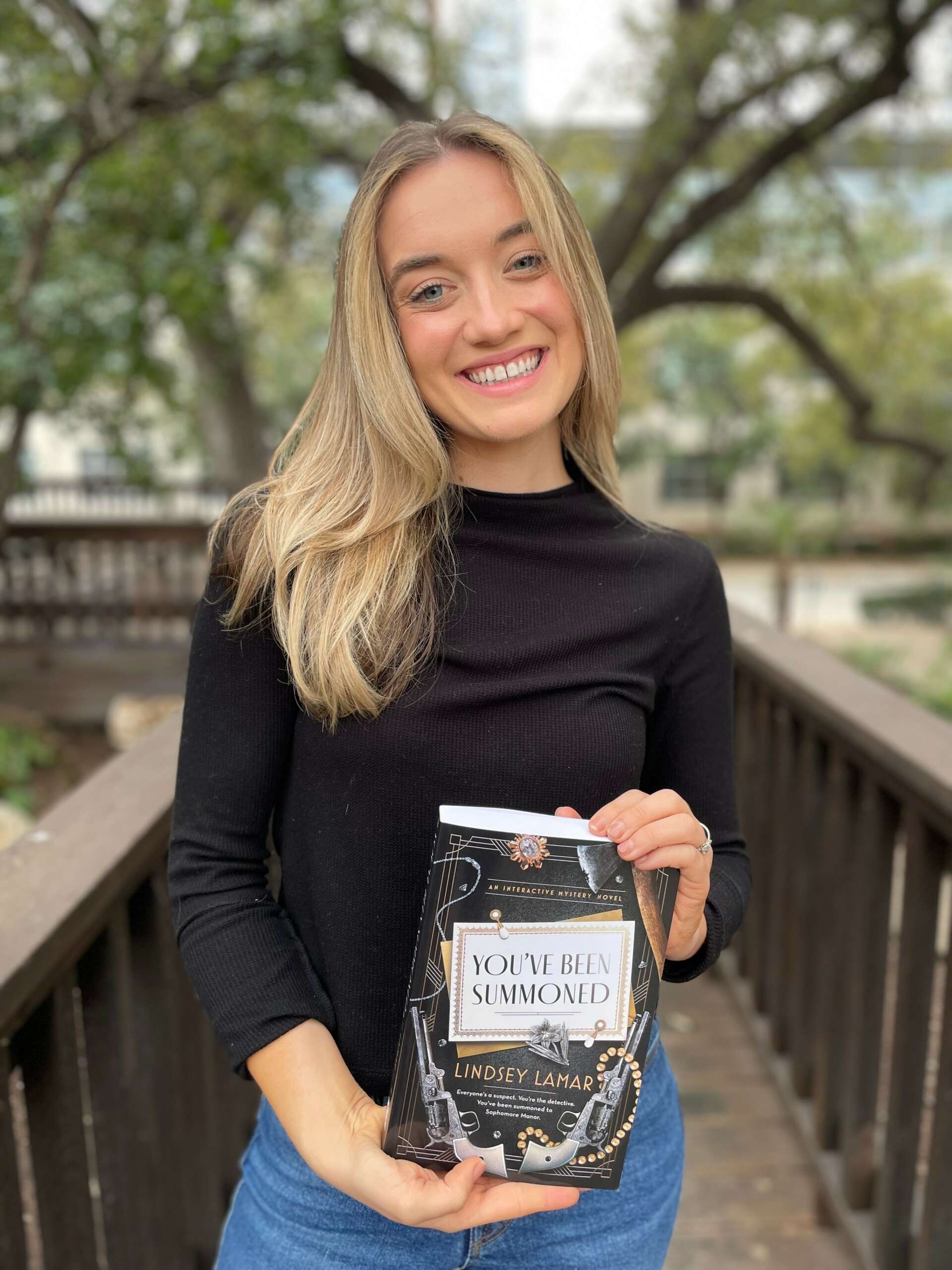We were lucky to catch up with Lindsey Lamar recently and have shared our conversation below.
Alright, Lindsey thanks for taking the time to share your stories and insights with us today. Some of the most interesting parts of our journey emerge from areas where we believe something that most people in our industry do not – do you have something like that?
The book industry is thousands of years old. It’s built on traditional models that can’t run with the pace of change that rapidly shakes our world. Many people within the book world, especially the fiction world, are afraid to admit that publishing is seeing its inflection point. BookTok and social media are driving consumer choices more than traditional advertising campaigns. Digital exposure is performing better than publicity for most debut authors. This is a shock to the system for most professionals tenured in the industry.
The resistance to change has led to underpaid agents, underrepresented authors, and underperforming books. Chuck Palahniuk, the writer of Americana’s Treasure (Fight Club), talks about this openly on Substack alongside several other prominent authors. When authors at the top are unhappy with their subscribed systems, what does that preach to the authors at the start of their careers?
No matter where you’re at in this life, change is the only thing you’re guaranteed. It’s a belief that I’ve tried to build my business on as an author. When I pitched my interactive mystery novel to traditional agents, I received a lot of pushback because “Nobody has ever done that.” & “A mystery novel can’t also be a game. We’ve never heard of that.” In my opinion, that was the whole point. As an author, creative, and professional: I believe it is so important to anticipate the change that might happen in your industry or role and do everything you can to position yourself to be on the right side of it. Standing still will stunt your growth. Look for the opportunities and customers that are shaking things up. A shot in the dark is better than a shot at a dying target.


Lindsey, before we move on to more of these sorts of questions, can you take some time to bring our readers up to speed on you and what you do?
I’m an independent mystery author and consultant. From Nancy Drew to Agatha Christie, mysteries have always been a huge part of my life. I wrote my first thriller novel, Better Off Guilty, in college while getting a business degree. A small publisher called WordCrafts signed me and put it into the world in April of 2021. From there, I won unexpected press like the cover of Mystery and Suspense magazine. After sharing my work for the first time, and seeing that people were seeing the value in it, I started to see myself more professionally in this space. I had a dream to create an interactive mystery book (think Hunt-A-Killer games meet a Lucy Foley novel), but no traditional agents would take it. They said the concept was too complex. I decided to contract out literary professionals and with their expertise, put the book out myself. You’ve Been Summoned debuted as a #1 New Release and #9 on the bestseller list for it’s Amazon category. It also recently received a Kirkus critical recommendation. I couldn’t be happier that I didn’t take no for an answer.
I also own an LLC called Experiment 42. The experiment predicts that authors can hold proprietorship of their writing and still produce high-quality projects. The average author owns less than 10% of their own profits due to royalty contracts. It’s very important to me that ex42 offers independent authors a new way of doing things without compromising any of the author’s shares. As an author myself, holding majority proprietorship over my own work is crucial. Experiment 42 is scheduled to open our doors to other independent authors needing professional publication services in 2024.

Are there any books, videos, essays or other resources that have significantly impacted your management and entrepreneurial thinking and philosophy?
First and foremost, Rich Dad, Poor Dad by Robert Kiyosaki should be required reading for all twenty-somethings. That was the first book that made me take myself seriously as a creative entrepreneur. Her First 100k podcast also shifted my mentality quite a bit. Getting your financial head on straight is essential as a creative because you realize nobody is coming to save you. You must dig for your market, opportunities, and clients. Creatives can get comfortable thinking business should flow from a social media post or a half-baked effort to get their work out. In actuality, absolute consistency can involve tons of financial planning and sacrifice.
From a creative perspective, The Artist’s Way by Julia Cameron saved my creative confidence. I’d just written a manuscript that wasn’t ready for market and was falling victim to defeat mentality. Reading that book healed something in me, a boldness or craziness, to dream bigger and fail faster. I’d recommend it to anyone.
Lastly, books like The Four Agreements and 101 Essays That Will Change The Way You Think—anything to get clear on your values and dreams. To be entrepreneurial, you’ve got to be able to identify what the truth is to you and unsubscribe from everyone’s opinion of what that truth should be.

What do you think is the goal or mission that drives your creative journey?
While I love writing mysteries and putting out my work, my mission is more significant than that. I don’t believe in conglomerate control and big government. Right now, most of the book industry is built on those values.
The largest shareholders in big publishing in the world of books and the nation’s political news outlets are the same people. There is a powerhouse of a select few who have the ability to control the narrative of our nation’s literature and news. Think about how crazy that is for a minute.
Even if they are not abusing this power, I have a problem with a system built on such an imbalance of diverse voices. There is a mission in my heart to enable artists and authors to bypass that system without compromising their visibility. It’s an underdog’s fight, but like I said earlier in this interview: these systems are old. They are slow. And the digital landscape is moving fast. There are several tech companies that can keep up. Lucky for us, tech is often choosing to partner directly with the writer: allowing the author to keep their shares, to control their narrative, and to bypass an archaic model. It’s a brand new way of doing things, but it is the future. I want to be supporting these systems because they are not only fighting for their writers, but for freedom of speech.

Contact Info:
- Website: lindseywritesbooks.com
- Instagram: https://www.instagram.com/lindseylamar/?hl=en
- Other: ex42.net


